ANP Politics
ANP Politics works on behalf of practitioners to protect and advance Natural Medicine.
Aims of ANP Politics
The aims of the ANP are to promote and represent Naturopathic therapies to like minded people, groups, associations and politicians on a national and international level. Whether it’s lobbying governments, working closely with key stakeholders or campaigning, ANP advocacy work is focused on promoting and protecting Natural Medicine and health within the industry and for the public.
Groups ANP Directly Partners With:
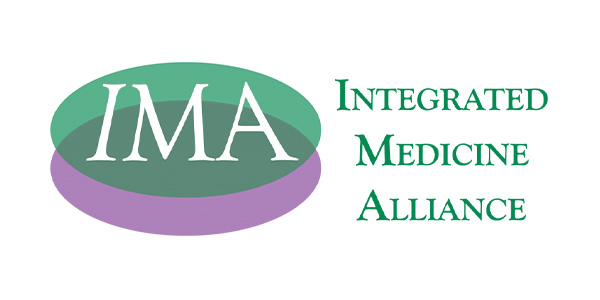
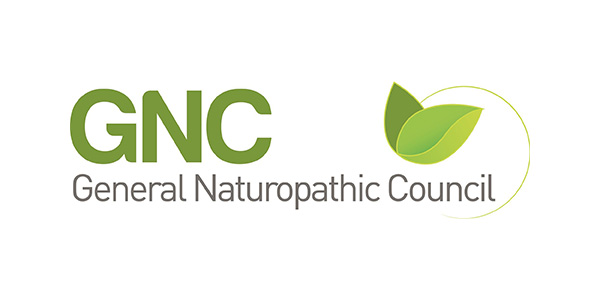
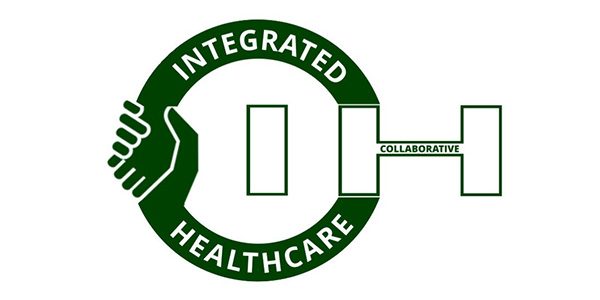
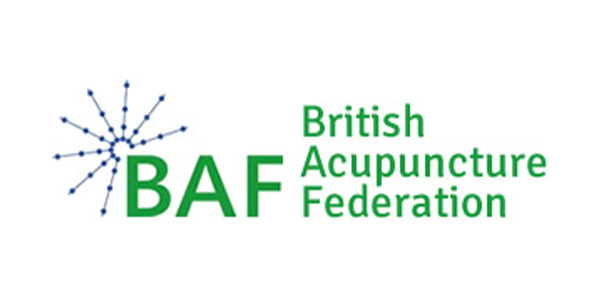

Groups ANP Connects with on Matters of Mutual Interest and Benefit:

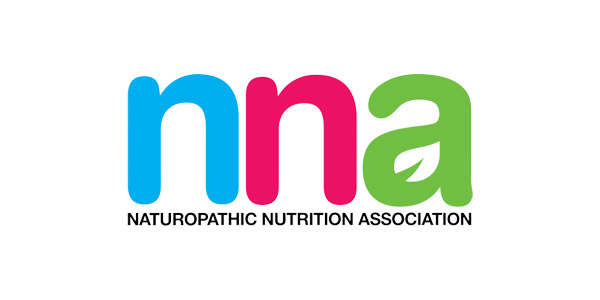
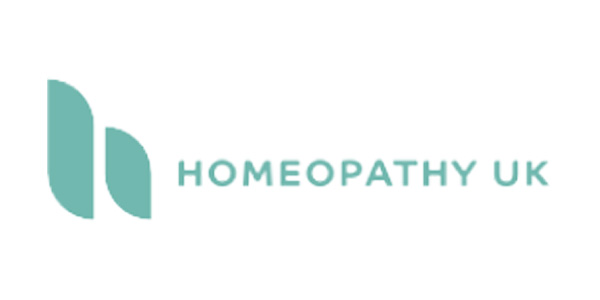
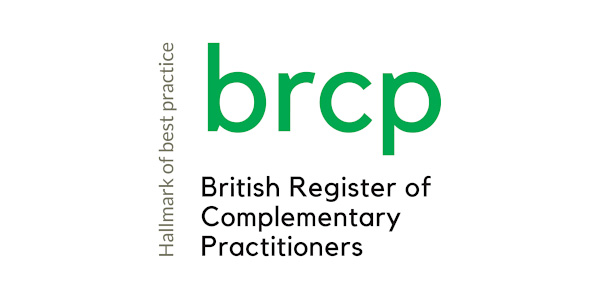
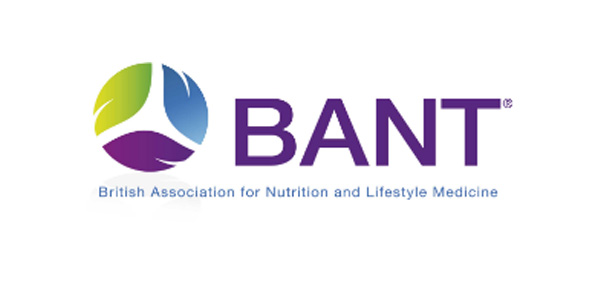
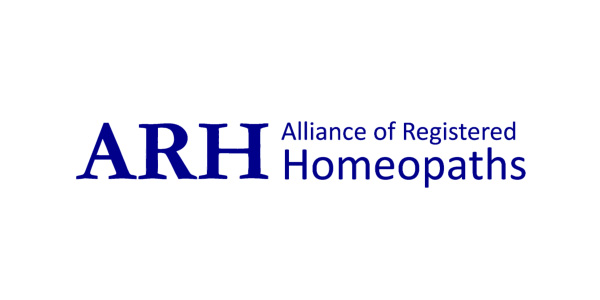

Organisations ANP Supports:


Campaigns & News
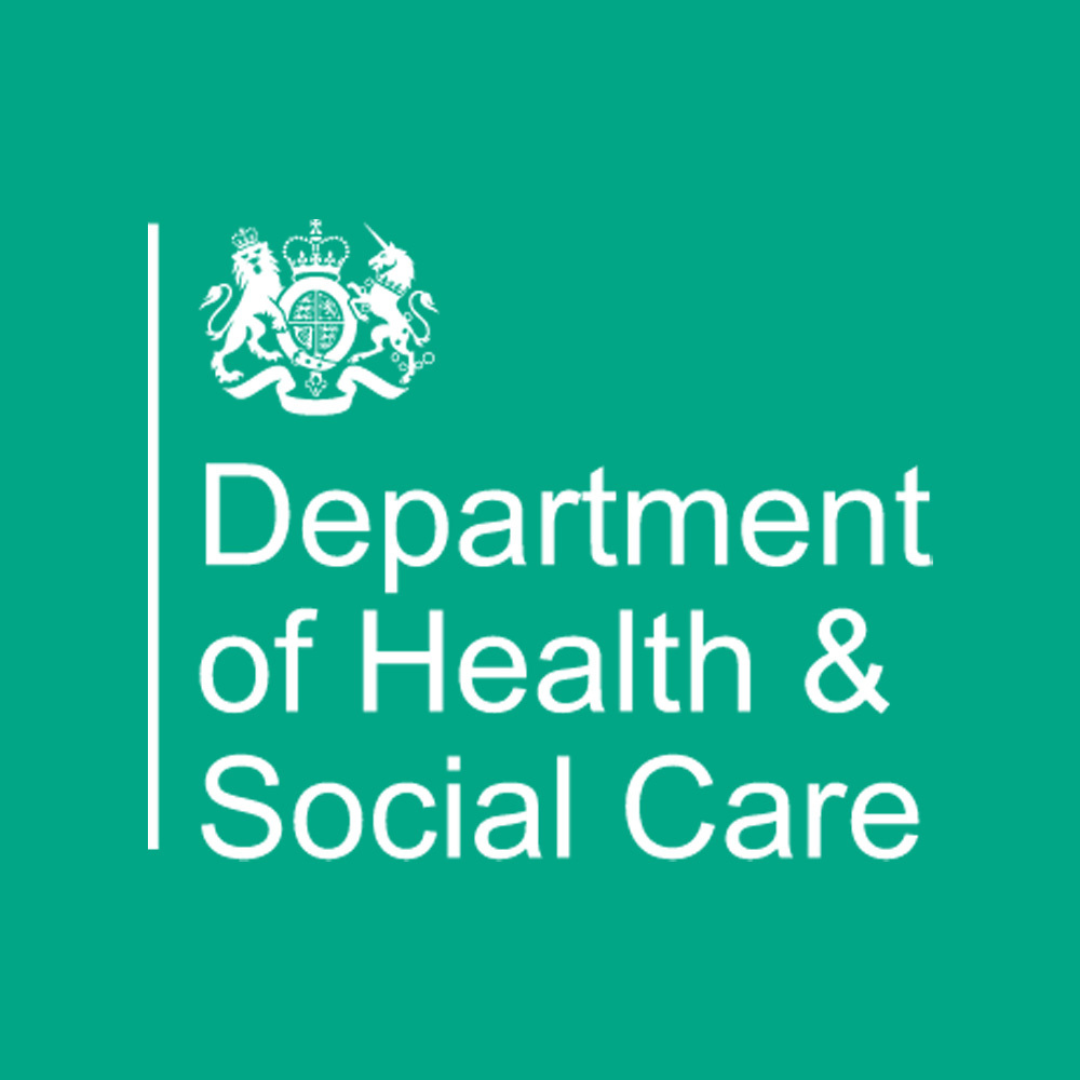
ANP meets with the Department of Health and Social Care
Read More

ANP Joins ANME
Read More
The ANP is excited to announce that it has partnered with the Association for Natural Medicine in Europe e.V. (ANME) https://www.anme-ngo.eu/en/ . This marks a significant step in advancing the interests of ANP members in the EU.
The ANP is known for its protection and promotion of natural medicine. Joining forces with ANME strengthens our mission of promoting ANP practitioners and protecting the practice of naturopathy.
The ANP has chosen to work with ANME as our visions align. ANME is a democratic, non-governmental organisation. Their mission is based on preserving the intangible cultural heritage (ICH) of Traditional European Medicine. They work on behalf of Naturopathy, complementary and alternative medicine to increase access to these therapies.
ANME campaigns for Naturopathy, Homeopathy, Nutritional Therapy and Herbal Medicine to be recognised as Traditional European Medicine, with the same recognition and protection as Traditional Chinese Medicine and Ayurveda. It is committed to preserving a wide variety of modalities and healing methods; ensuring that each patient has ample choice in their therapy. It is actively involved in the protection of remedies, supplements and herbs in the European Parliament.
You can see more about their mission here https://www.anme-ngo.eu/en/anme/about-us/aims-functions.html
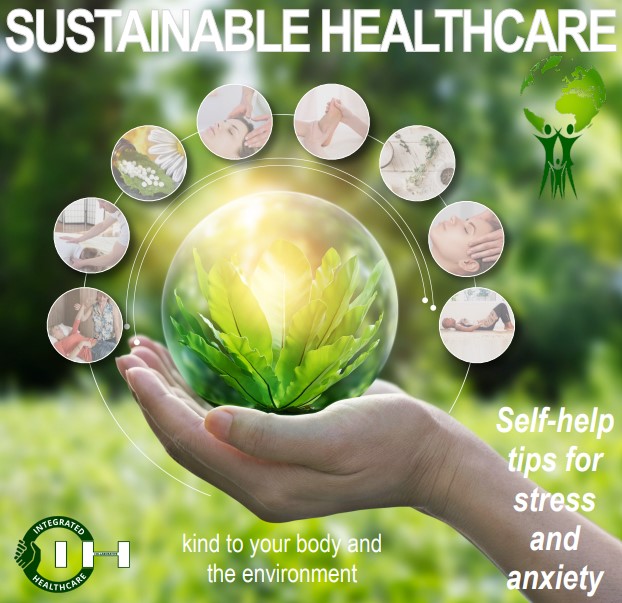
Sustainable Healthcare Day 2024
Read More
Sustainable healthcare refers to a healthcare system and practices that are designed to meet the current healthcare needs without compromising the ability of future generations to meet their own healthcare needs.
This concept incorporates environmental, economic, and social considerations to ensure that healthcare delivery is not only effective in the present but also environmentally responsible, economically viable and socially equitable over the long term.
Some key principles to consider within this framework:
Environmental responsibility. A healthy society depends on a healthy environment. We know that 95.4% of naturopathic practitioners strive to make their business environmentally friendly (Source: IHC survey March 2023). They focus on reducing waste, energy consumption and adopting environmentally friendly practices in practice.
Prevention. A sustainable health strategy must begin with prevention. Food availability, the space and time to exercise, building resilience and how we protect and improve our physical and mental health are all part of naturopathic practice. We are already working hard to prevent illness where possible and then work effectively with those who are already ill.
Empowerment. We work hard to give our patients and clients the tools to control and take responsibility for their own health. This feeling of control is an important part of the healing process. Complementary, traditional and natural therapies empower the patient to take control of their health, and many patients use them to maintain good health and to treat themselves for self-limiting conditions.
Currently, multimorbidity poses a serious challenge to the sustainability of the NHS (doi: 10.1016/S2213-8587(22)00317-5.) Many patients are living longer with multiple conditions that will be largely managed themselves with the support and guidance of the health and care system. We need earlier intervention to optimise diet and lifestyle to prevent this poly pharmacy dependence.
Economic Viability. Our health services need to be financially viable. When the NHS was launched in 1948, it had a budget of £437 million. That is roughly £15 billion at today’s value. Total current healthcare expenditure in 2020 is estimated at £269 billion.
Despite this long-term trend in increased funding by governments of all political persuasions, the NHS continues to face shortages in funding. Through changes in demographics, longer life expectancy, rising drug costs, and increases in chronic and long-term conditions, the health burden of the nation is increasing.
The best way to reduce health costs is to reduce the health burden and find ways to help people from needing to access services in the first place. This is where naturopathic care can make a huge contribution.
Social Equity. Promoting equal access to healthcare services for all members of society, regardless of socio-economic status, ethnicity, or other factors. Addressing health disparities and promoting inclusivity are crucial aspects of sustainable healthcare.
To this end, we are campaigning on Starting on the 6th of April we will be launching a campaign aimed at the general public, offering valuable insights and practical strategies to help individuals effectively manage and reduce stress in their daily lives using naturopathic therapies.
Why are we focusing on chronic stress for this campaign? Because we understand that stress not only impacts our mood and mental health but also has profound effects on our physical health. It also places significant demand on healthcare provision. Helping people to manage their chronic stress more effectively fits in with our vision of sustainable healthcare.
The Mental Health Foundation and London School of Economics and Political Science (2022) estimate that mental health issues currently cost the UK economy £117.9 billion. This is the equivalent of 5% of the UK’s GDP. The majority of the estimated costs relate to lost productivity and costs to unpaid/informal carers.
In 2016, there were 64.7 million anti-depressant prescriptions for a population of 55.3 million. This is a rate that has doubled since 2006 and means that approximately one in 13 men and 1 in 7 women have a prescription for antidepressants. (NHS Digital , 2017) There is limited evidence of efficacy of anti-depressant medication, with studies reporting statistical rather than clinical significance (Jakobsen et al., 2017).
The campaign will highlight how our therapies can help with stress management, giving people the tools to prevent more serious mental and physical health conditions.
As members of ANP, we invite you to join us in spreading the word about this important campaign. Together, let’s take a proactive approach to managing stress and nurturing our well-being. Keep an eye on upcoming newsletters and our social media for more details on our campaign launch.
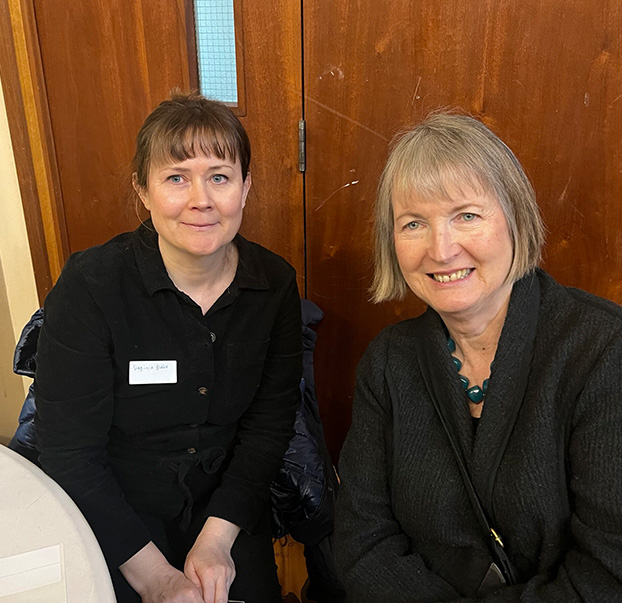
ANP meets Harriet Harman MP to discuss Natural Therapies
Read More
On Saturday 16th March, Virginia, our Head of Communications met with Harriet Harman MP and they discussed Sustainable Healthcare and where this could fit in with a potential Labour Government. They discussed the role of natural therapies in the prevention of ill health and agreed that this should be a focus, both for the benefit of the community and as a cost saving measure. She predicts the next election will be in November and Labour is keen to see where they can be effective with limited funds, should they be elected.
Harriet Harman MP has been a shadow minister for Health, Secretary of State for Social Security (1997-8) and Minister for Women, Minister for Justice at the Department for Constitutional Affairs. She is currently Chair of the Committee on Standards.



